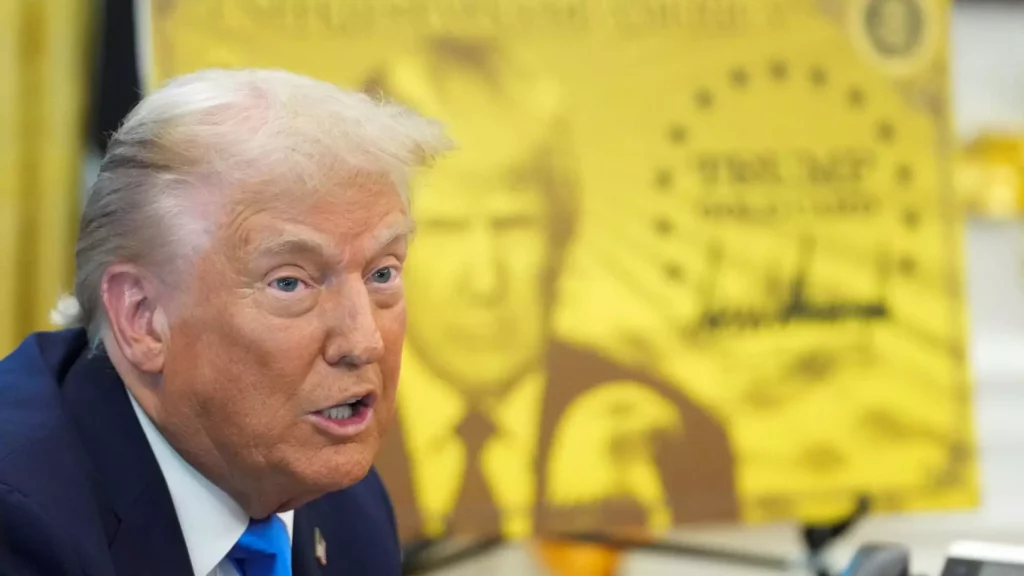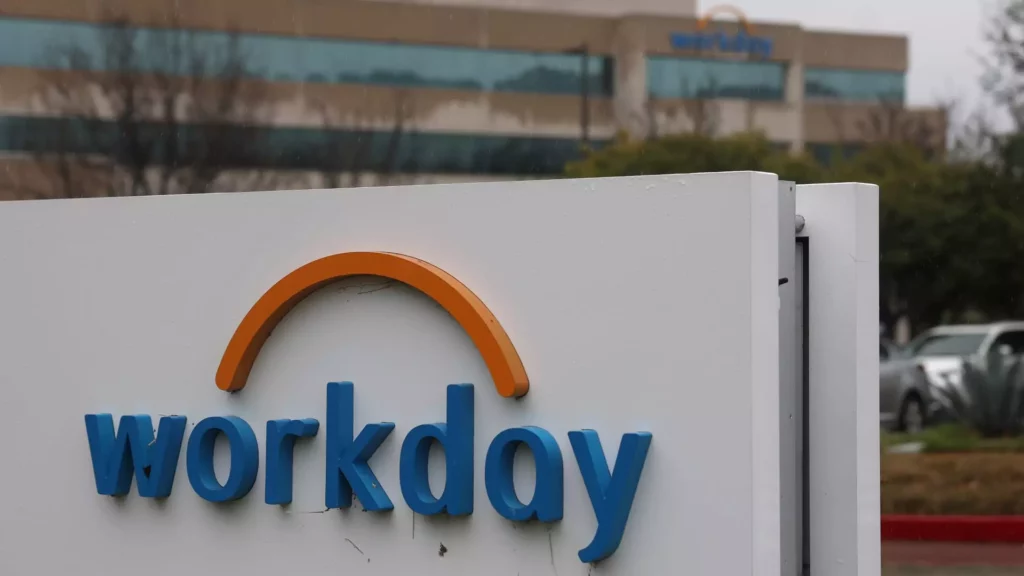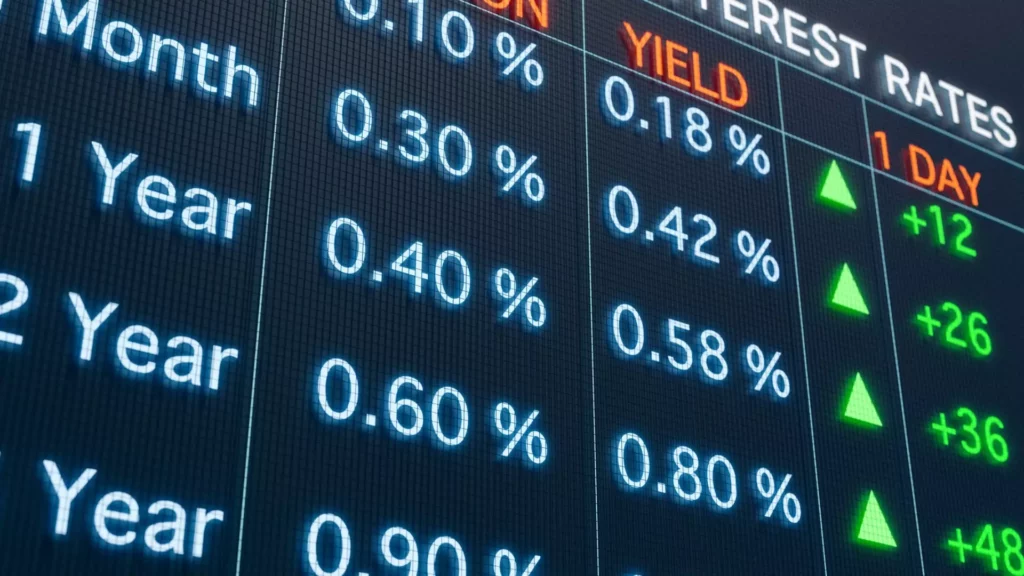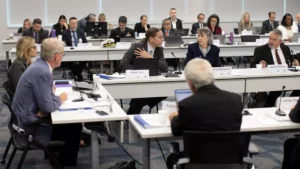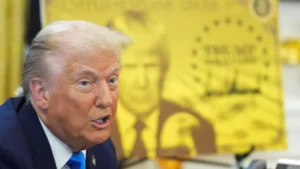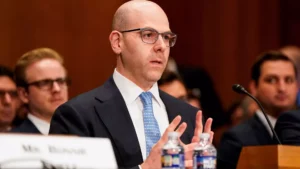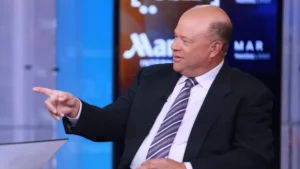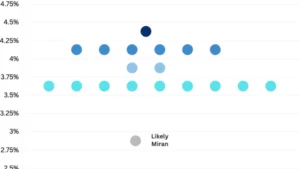In an era where economic stability feels increasingly elusive, many investors cling to the promise of dividend stocks as a safe haven for income. The recent easing of monetary policy by the Federal Reserve, signaling potential cuts, has only deepened this reliance. Yet, beneath the surface of seemingly attractive yields lies a complex web of
In recent years, the landscape of premium travel rewards credit cards has undergone a dramatic transformation, with issuers aggressively hiking annual fees in pursuit of higher profits. For consumers, this shifting terrain poses a critical question: are these hefty charges justified by the value they receive? As American Express, Chase, Citi, and others raise their
The announcement of a $100,000 annual fee per H-1B visa by the Trump administration signals not just a policy change, but an ideological shift that could significantly hinder the nation’s economic vitality. Far from a simple regulatory tweak, this move risks unraveling a crucial pillar of America’s technology and finance sectors—industries that thrive on attracting
Workday, a titan in the enterprise SaaS industry, has long sat at the intersection of innovation and stagnation. Boasting a market valuation of nearly $60 billion and a client portfolio that includes over 60% of Fortune 500 companies, it’s easy to view the company as a formidable leader. Yet beneath this impressive facade lies a
In a surprising twist of market sentiment, long-term Treasury yields have surged despite the Federal Reserve’s decision to cut interest rates—a move typically associated with easing economic stress and encouraging growth. This disconnect reveals a deeper undercurrent of uncertainty that conventional economic signals often conceal. While the Fed attempts to reassure markets with a modest
In the complex landscape of contemporary automobile purchasing, the decades-old adage of financial prudence struggles to keep pace with escalating vehicle prices and shifting economic realities. The “20-4-10” rule, once lauded as a sensible blueprint for responsible car ownership, now feels increasingly like a rigid prescription that may do more harm than good. Its core
In a startling departure from previous public health policies, the recent decision by the Advisory Committee on Immunization Practices (ACIP) to recommend Covid vaccinations based on “shared clinical decision-making” marks a troubling shift. No longer do authorities confidently endorse universal vaccination, especially for the most vulnerable populations. Instead, they suggest that Americans consult their healthcare
The recent revelations about Federal Reserve Governor Stephen Miran’s decision-making process highlight a troubling trend that threatens the very legitimacy of the Fed’s independence. Miran’s insistence that he made his vote without external pressure, despite the clear involvement of political figures, underscores the fragile veneer of neutrality that the central bank tries to project. In
The proposal to shift from quarterly to semiannual earnings reports, championed by influential figures like Paul Atkins, appears fundamentally misguided. The premise—that less frequent disclosures would enhance corporate focus and save costs—presents a superficial solution that risks undermining investors’ trust. At its core, this suggestion is an alluring mirage, promising efficiency and long-term focus while
In an attempt to soothe the economic pain caused by soaring borrowing costs, the Federal Reserve’s decision to cut interest rates may seem like a lifeline, but it’s more a flickering spark than a sustainable solution. This move, hailed as a victory for consumers struggling amid record-high debt levels, obscures a harsher reality: monetary policy



